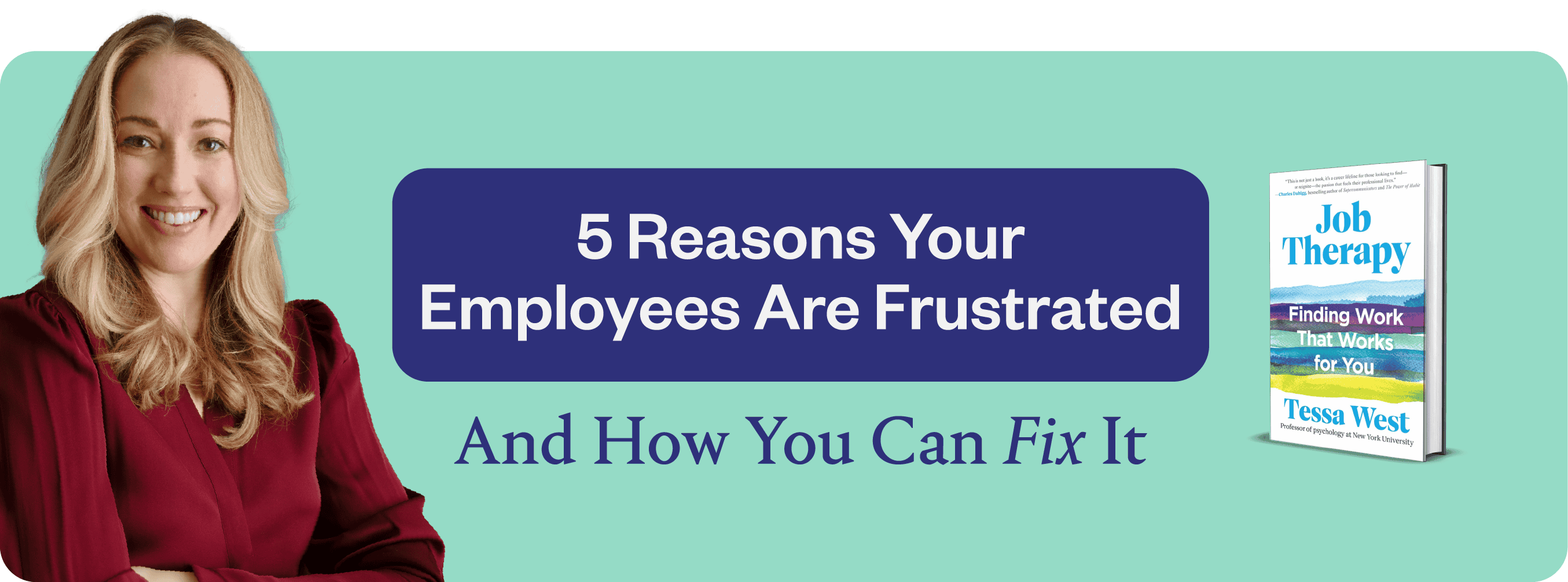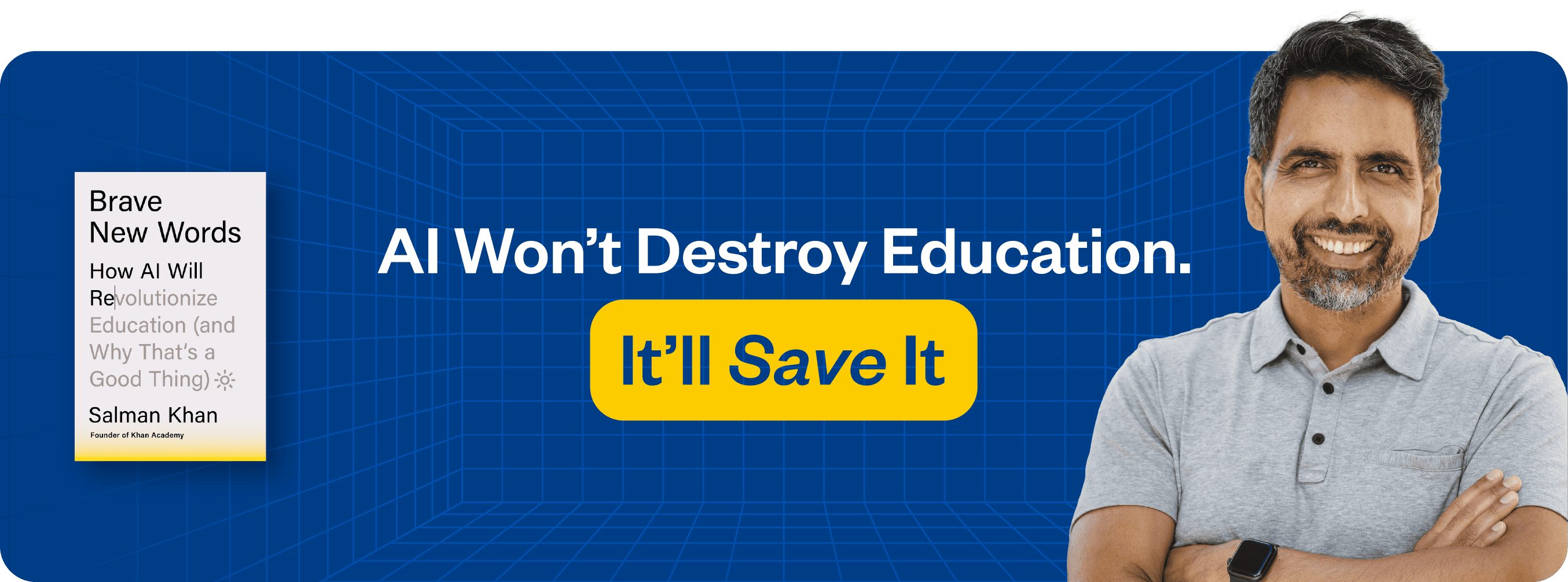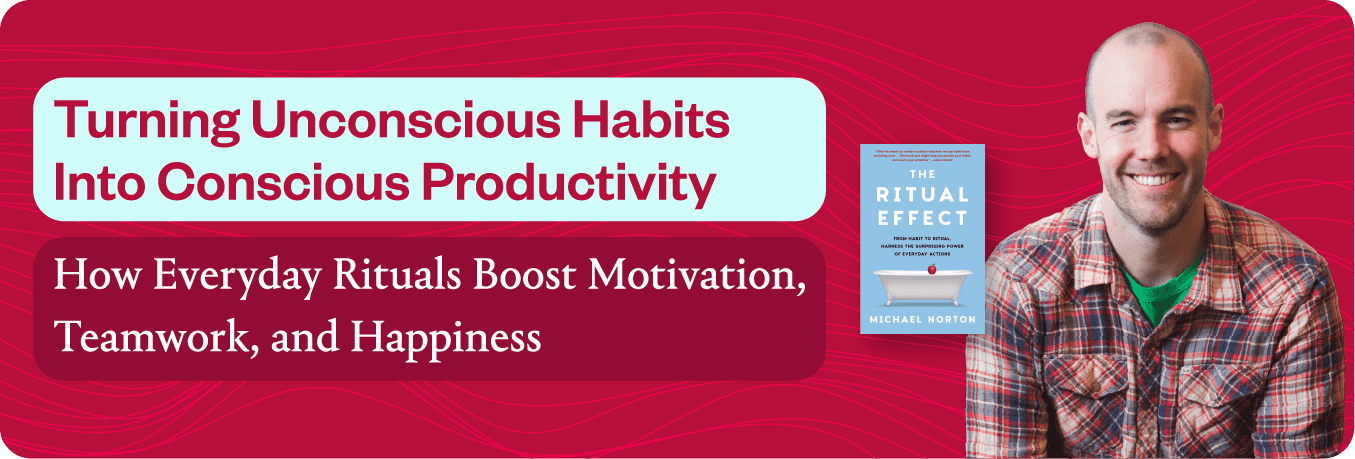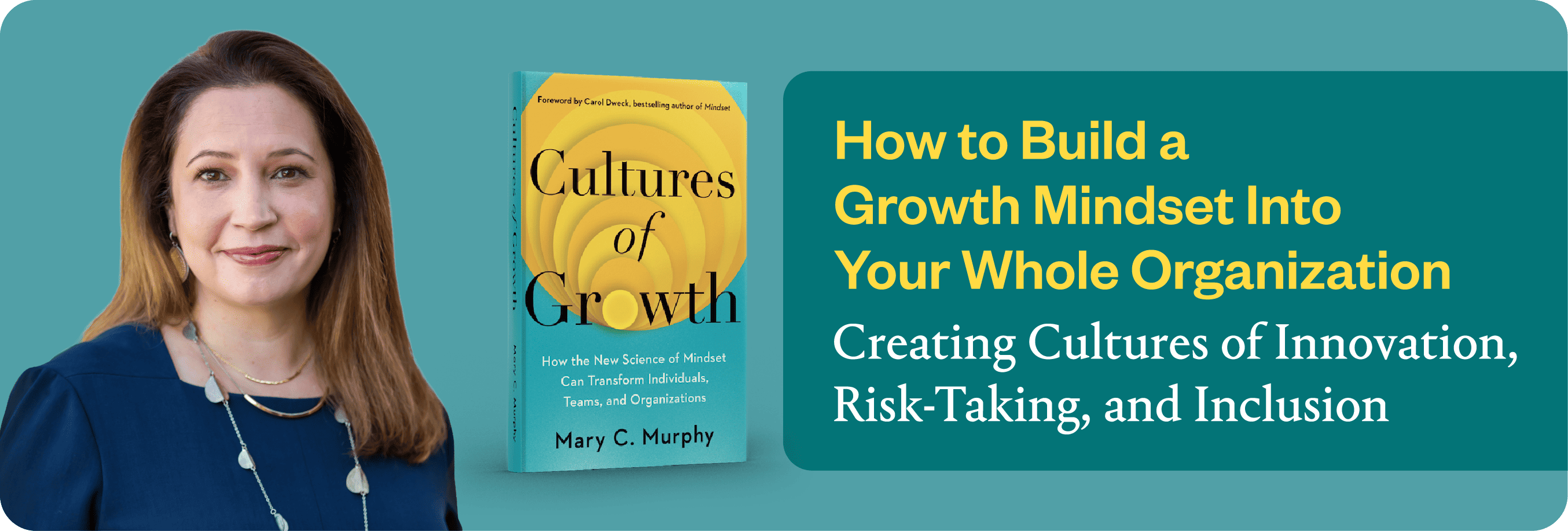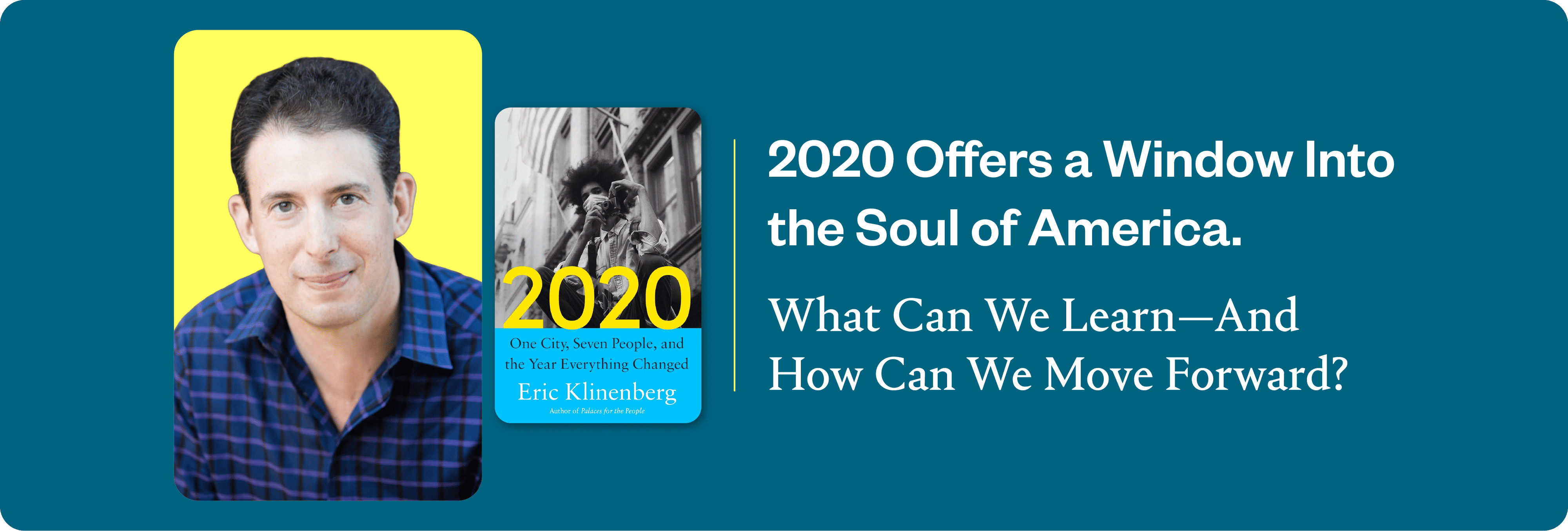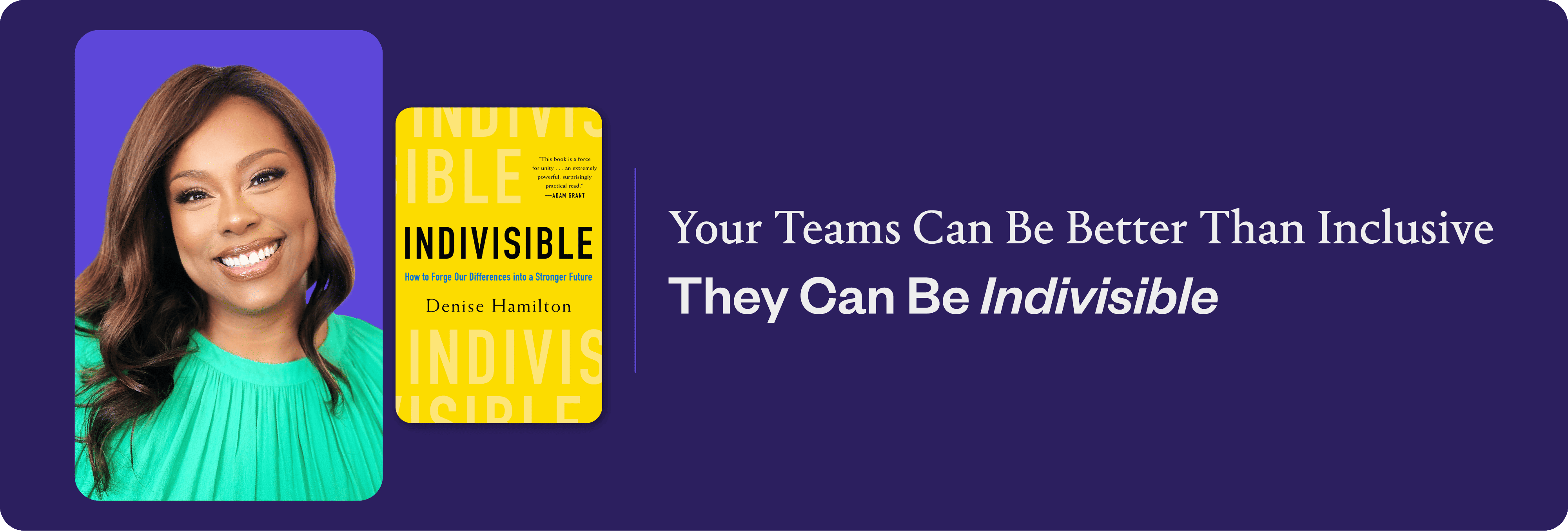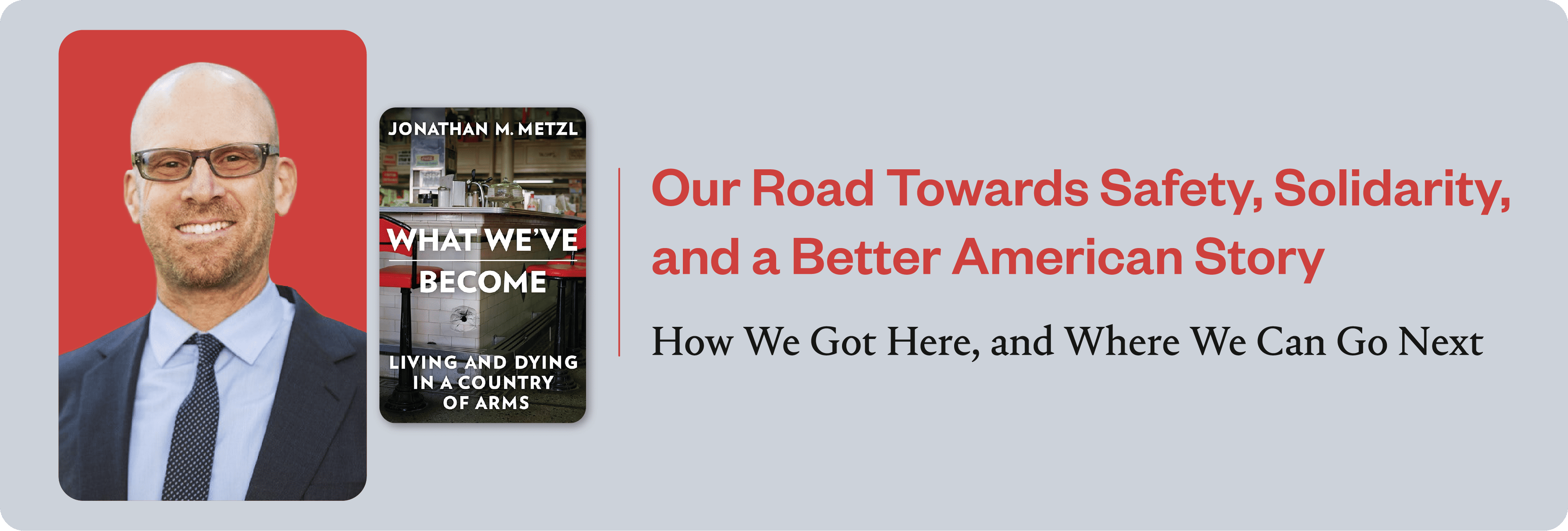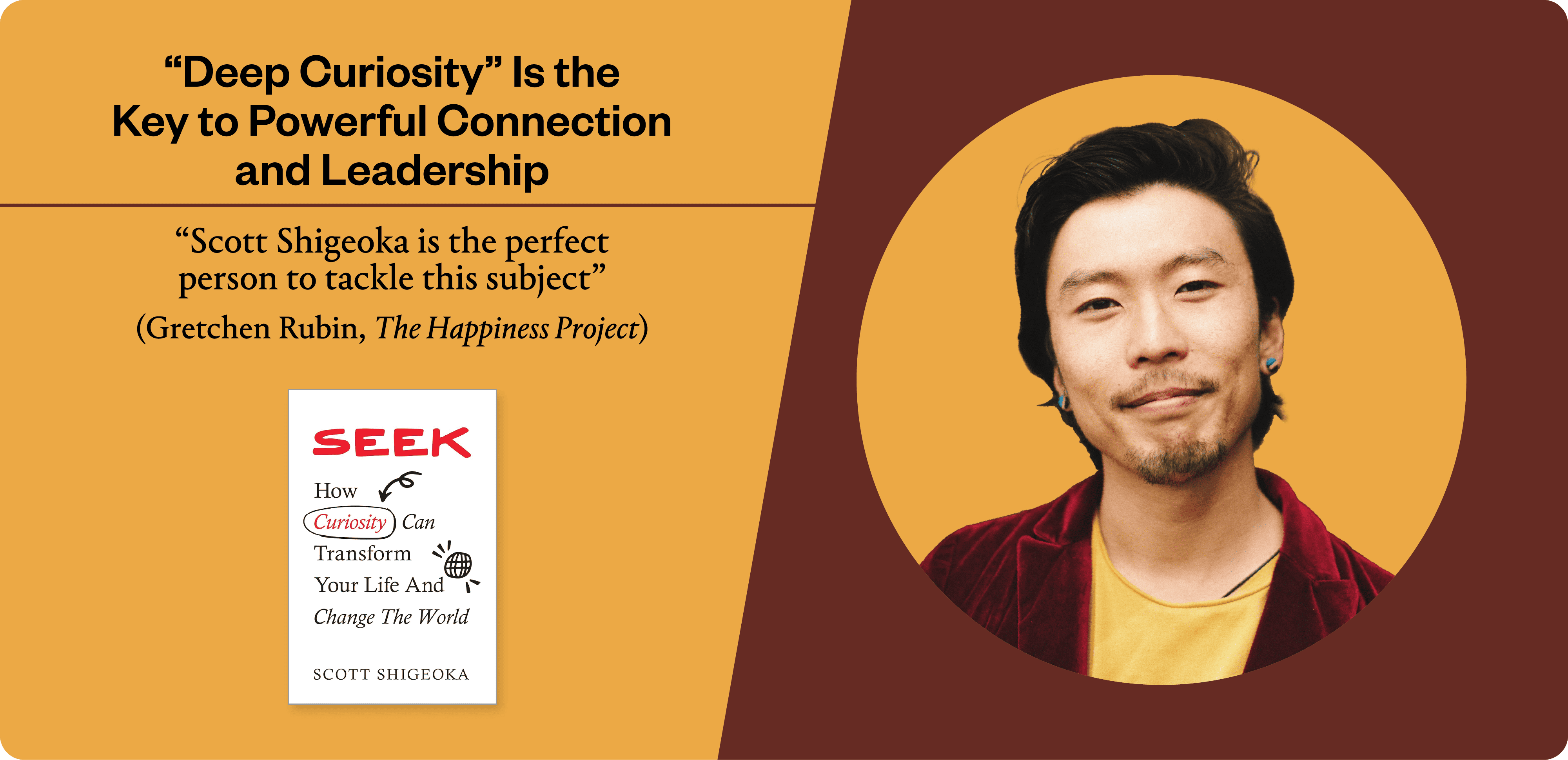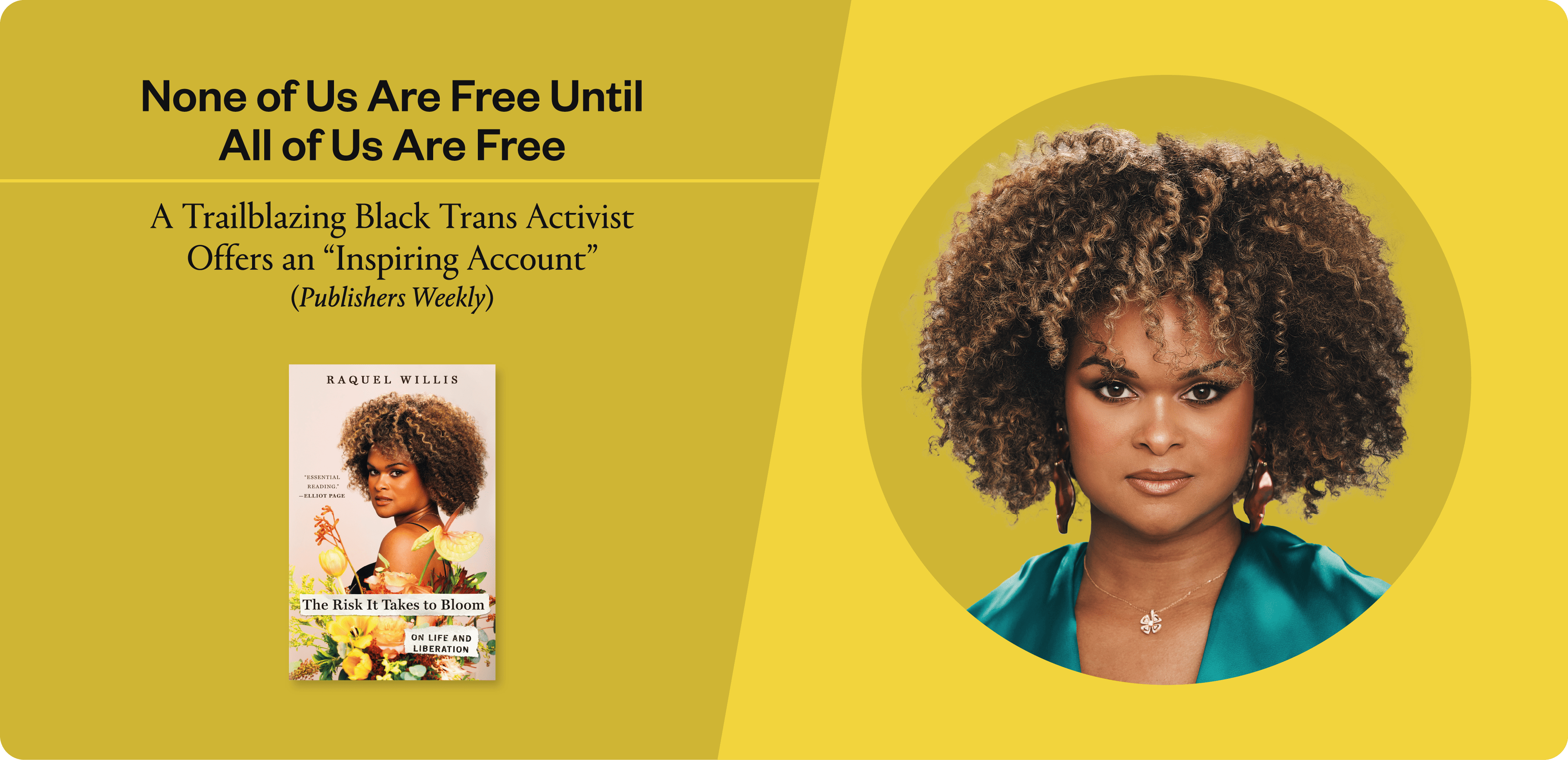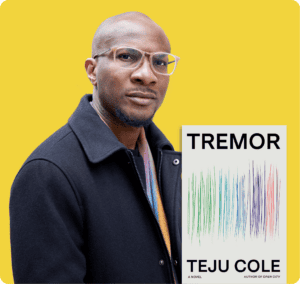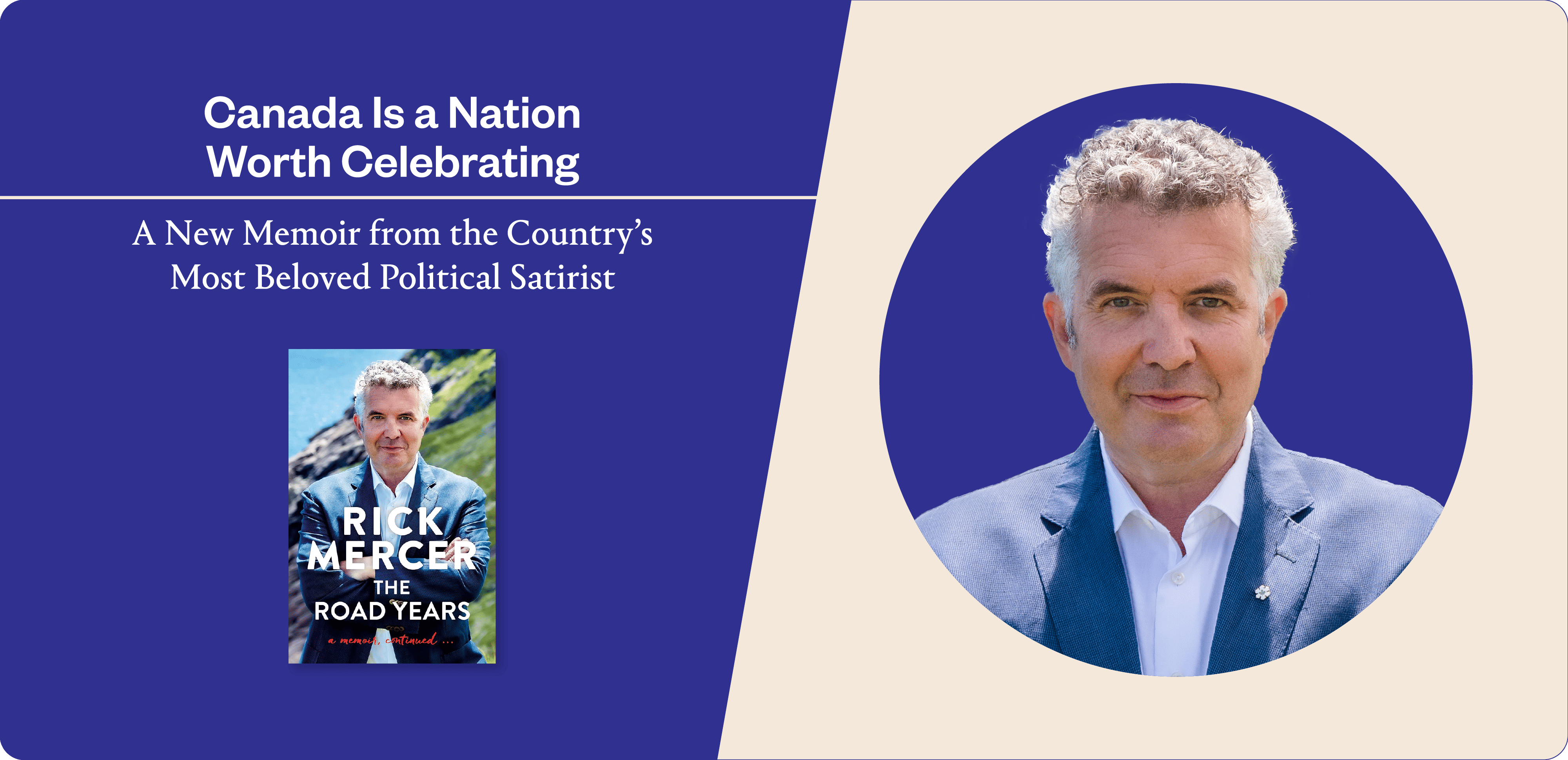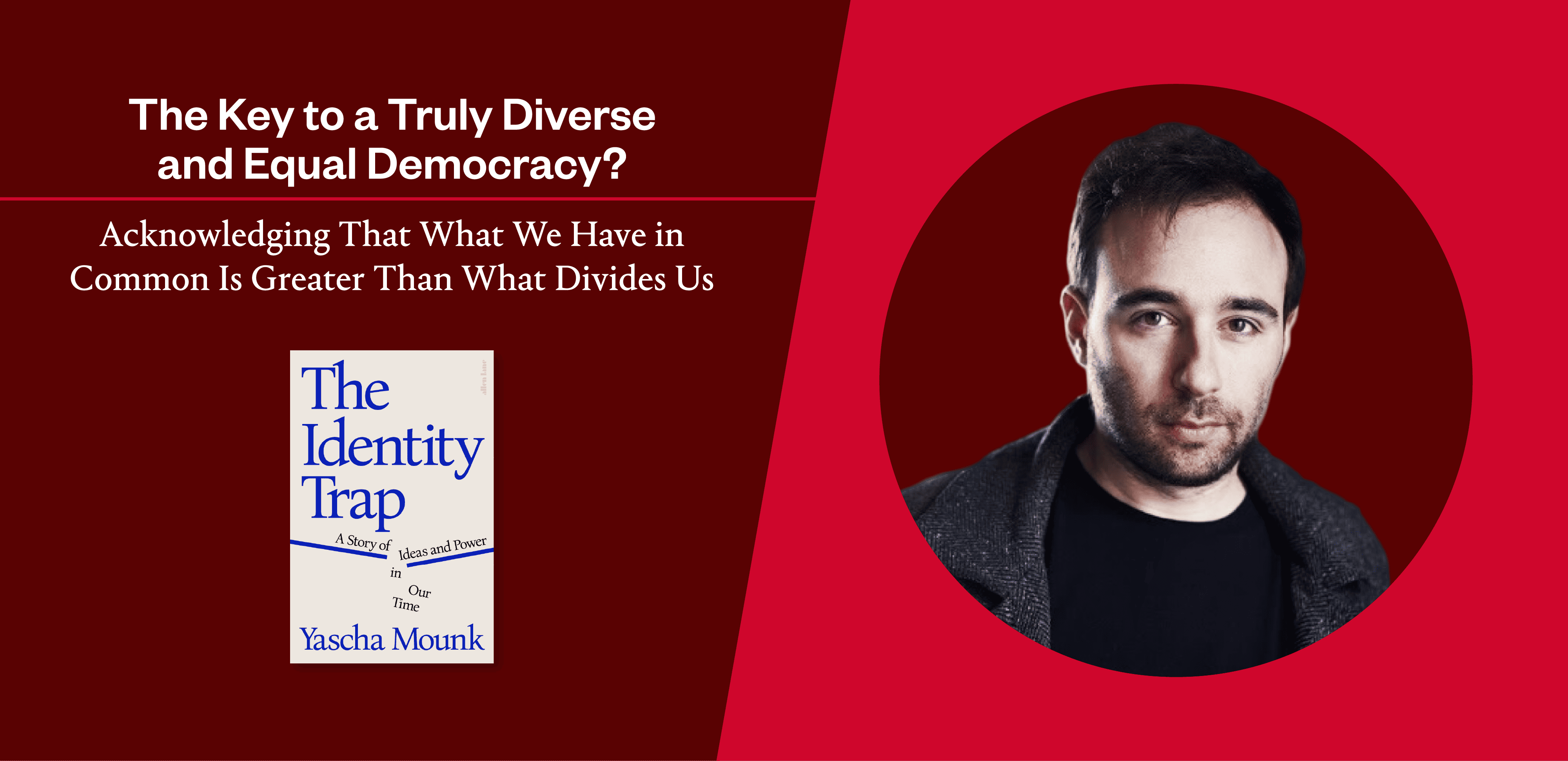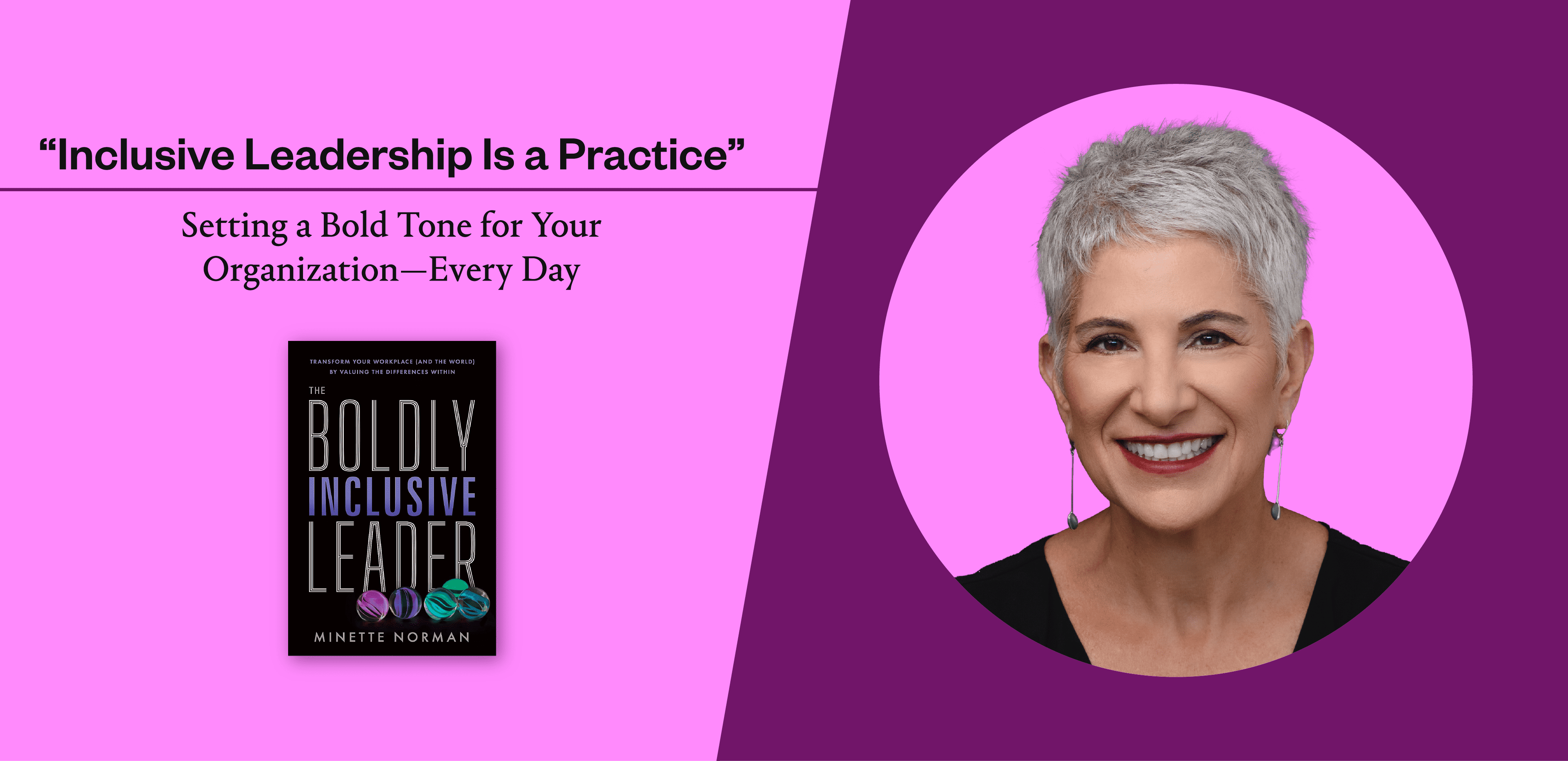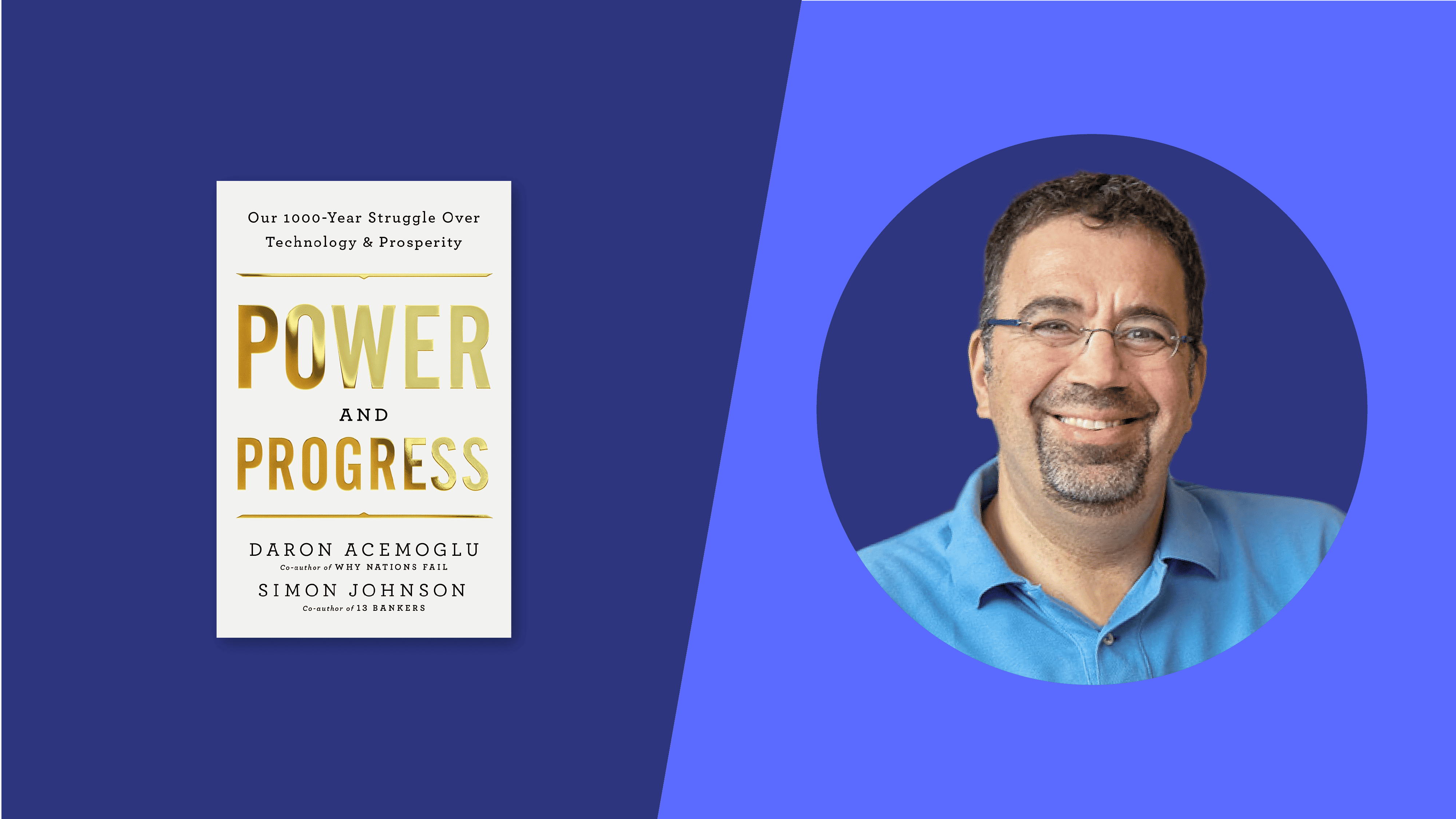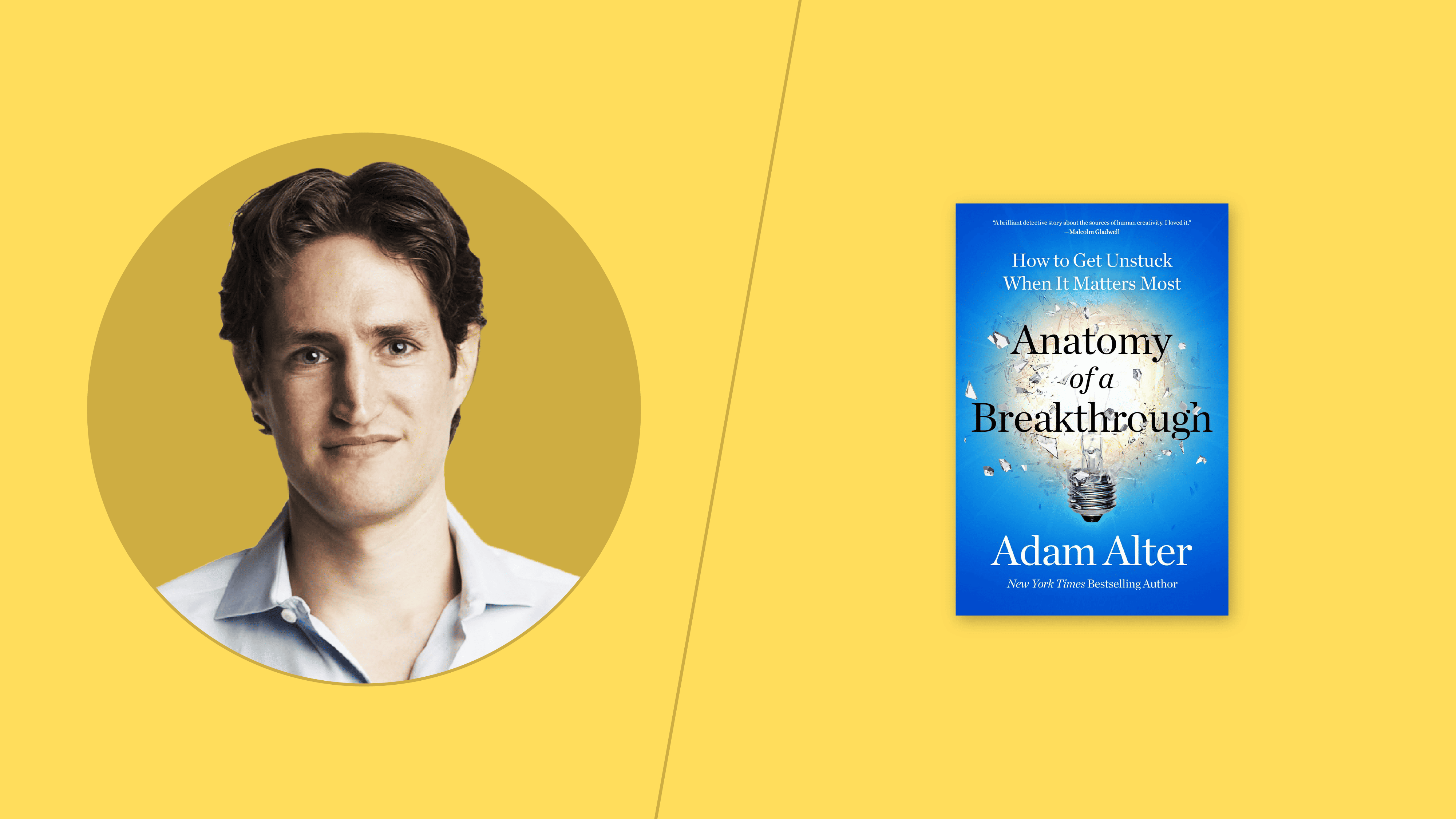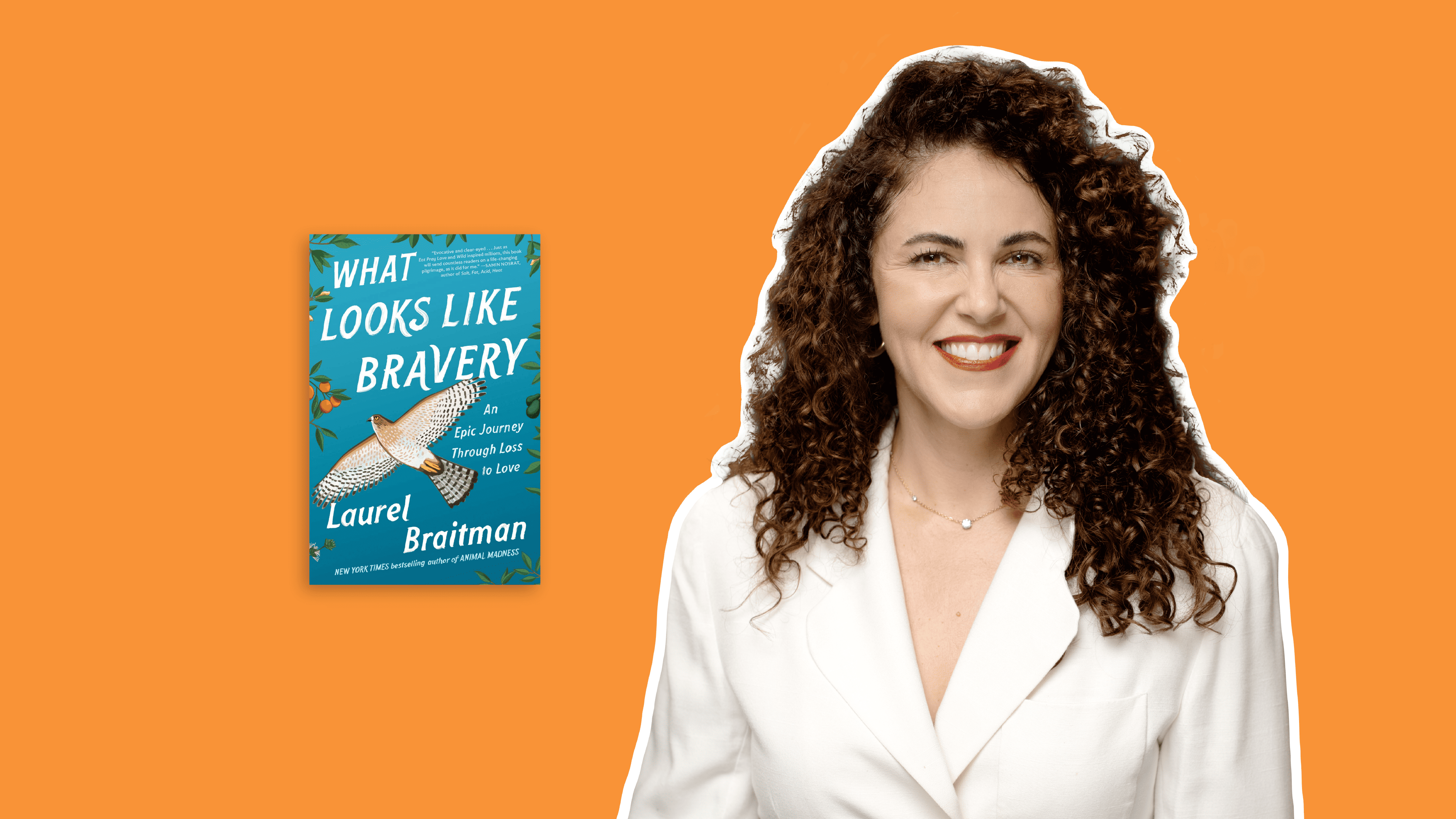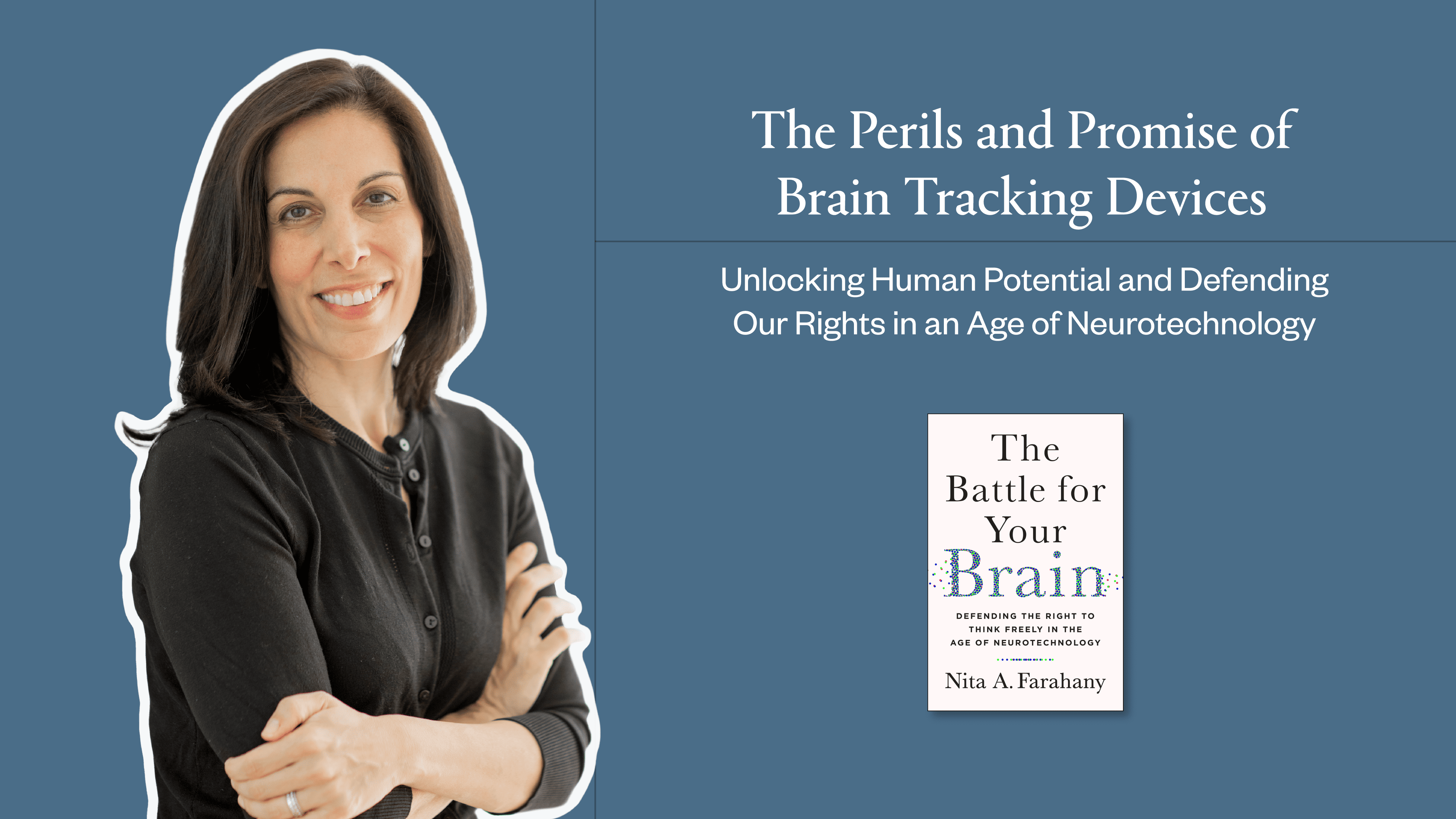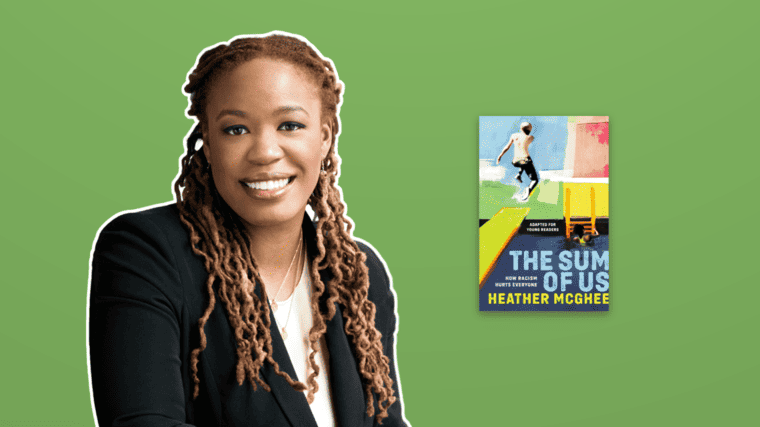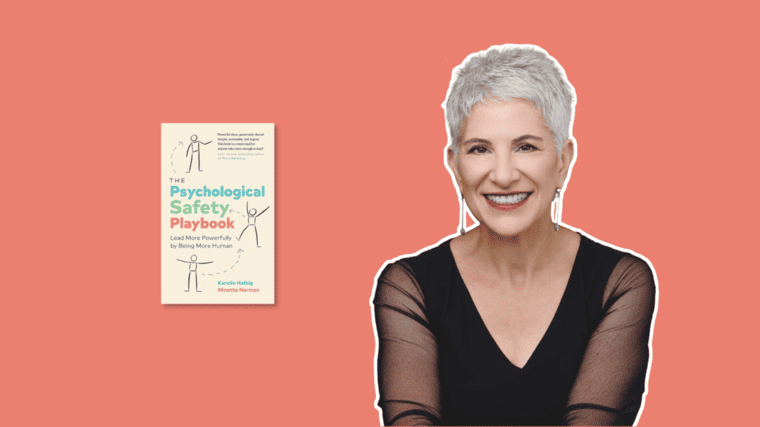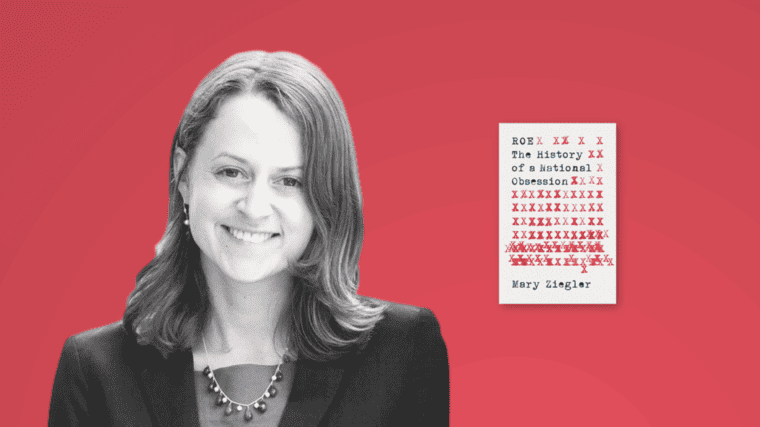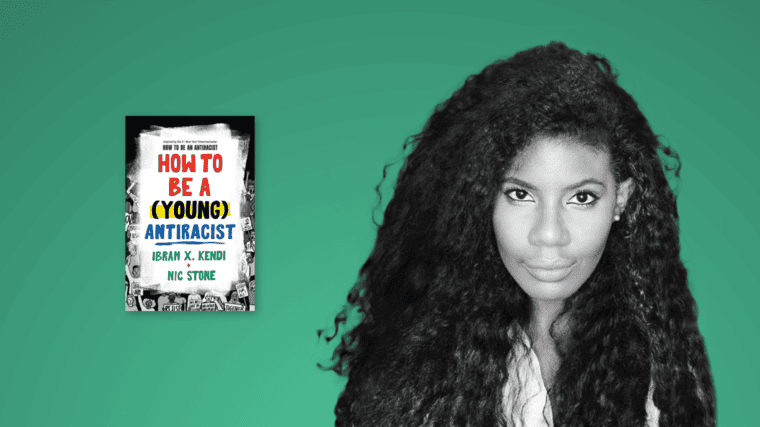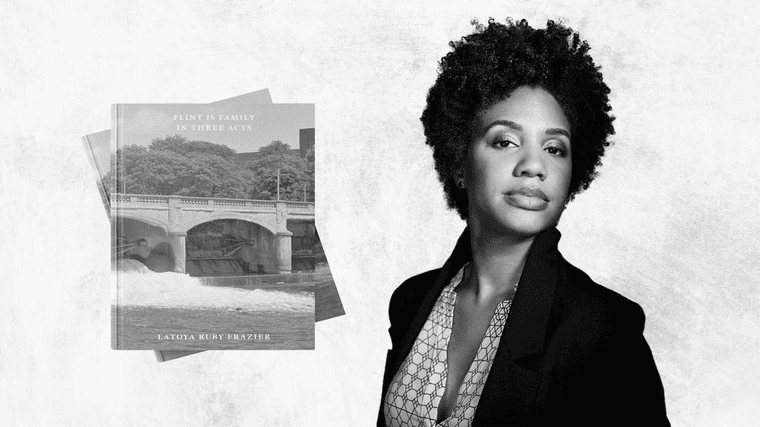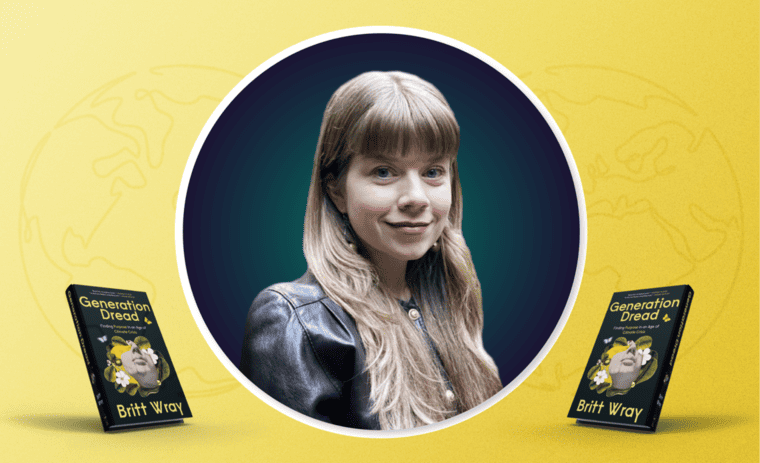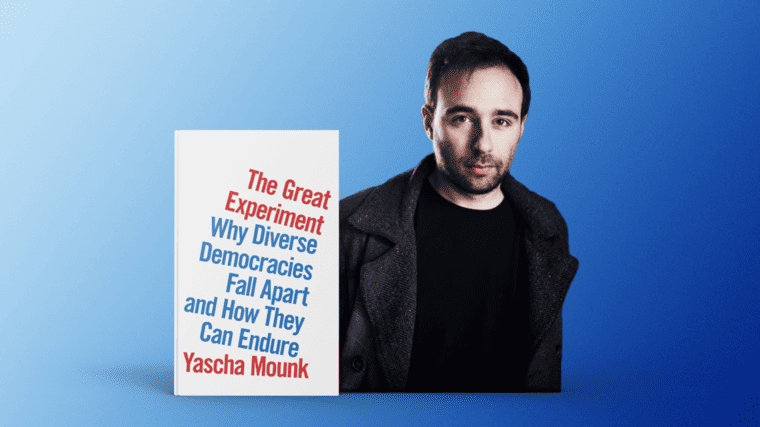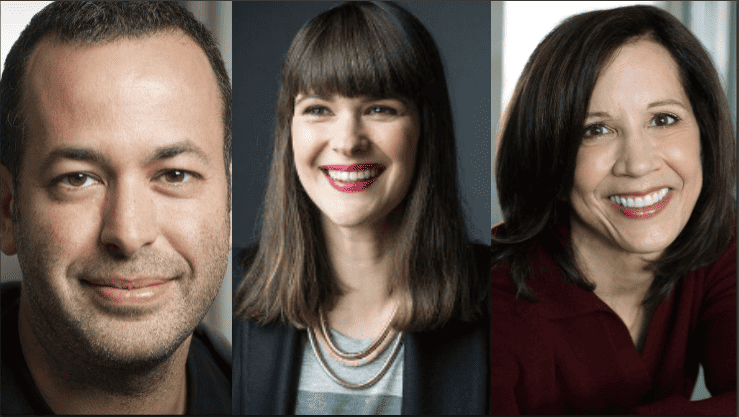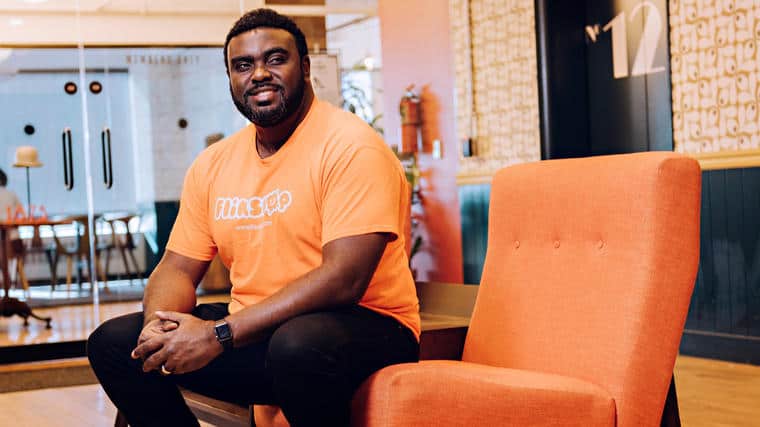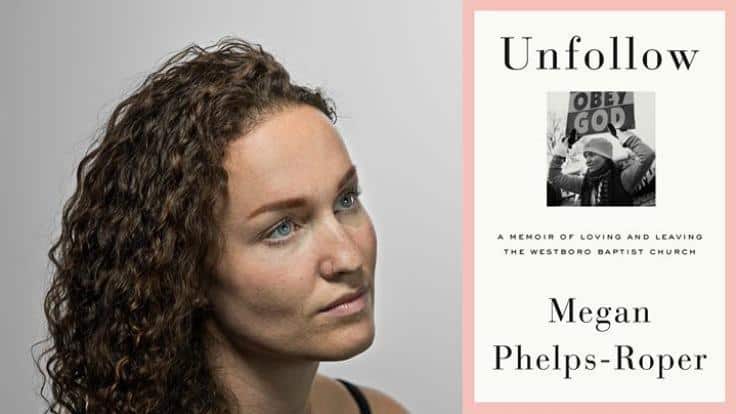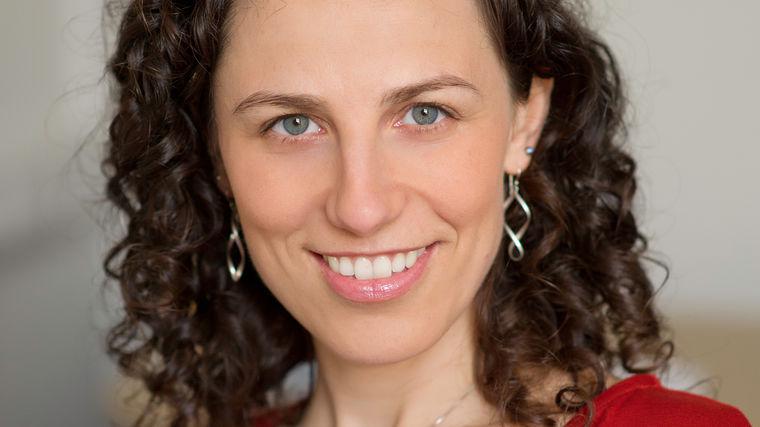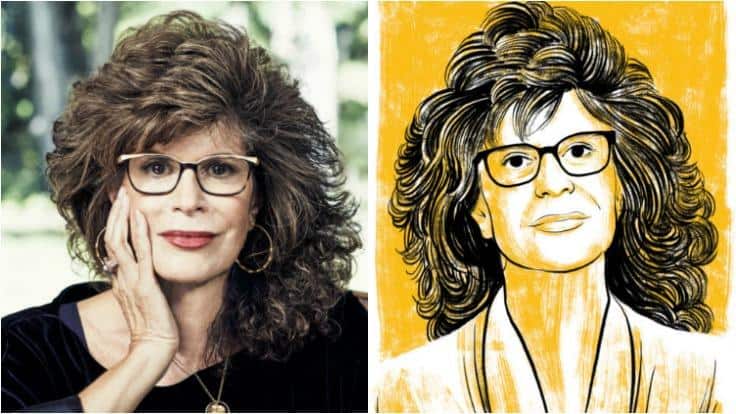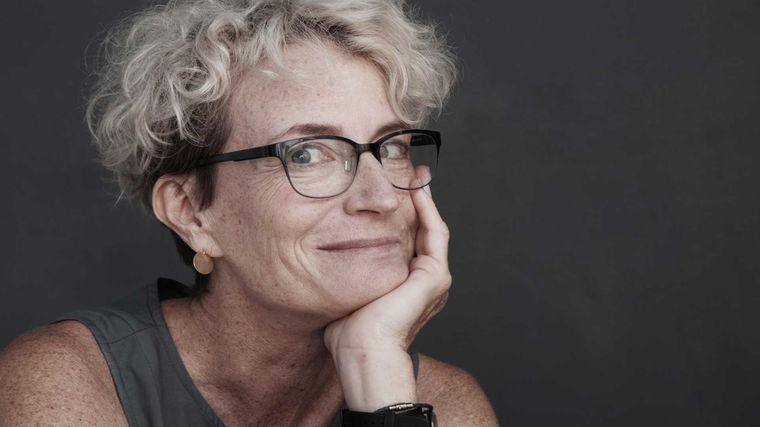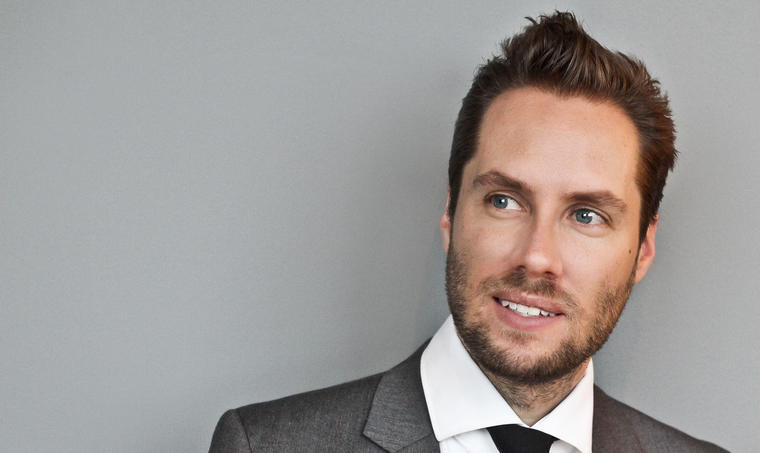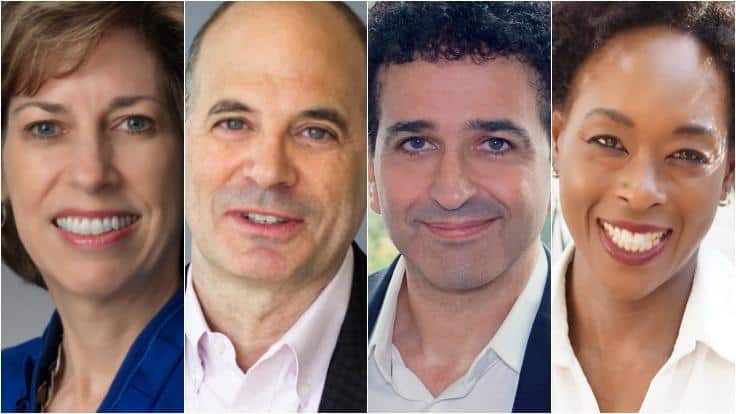Over her 20 years researching workplace relationships and culture, Tessa West has helped hundreds of people resolve their work conflicts and interviewed thousands about their careers. In her new book, Job Therapy, she leverages her unique experience to help leaders keep their employees engaged and able to do their best work.
In dynamic talks, Tessa reveals the 5 main reasons people quit:
- They’re going through an identity crisis, where their sense of self no longer matches their job;
- They’ve drifted apart and no longer recognize the job they loved;
- They’re stretched too thin, taking on too many roles or switching tasks too often;
- They’re always the runner-up, and don’t know why they keep coming in second;
- They’re the underappreciated star whose amazing performance isn’t recognized.
Job Therapy is already making waves in boardrooms across the country. Tessa has been interviewed by NPR, Forbes, TIME Magazine, Malcolm Gladwell’s Next Big Idea Club, and more. Charles Duhigg (The Power of Habit) calls Job Therapy “a career lifeline for those looking to find—or reignite—the passion that fuels their professional lives,” while Katy Milkman (How to Change) says that “this empowering, science-backed handbook will help you better understand your relationship with your job and how to improve it.”
